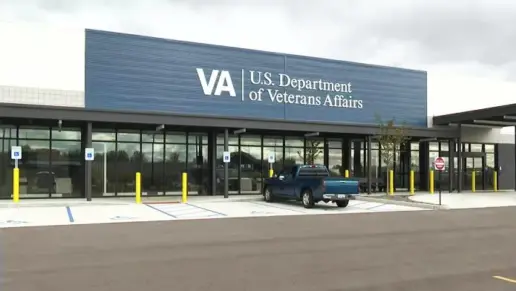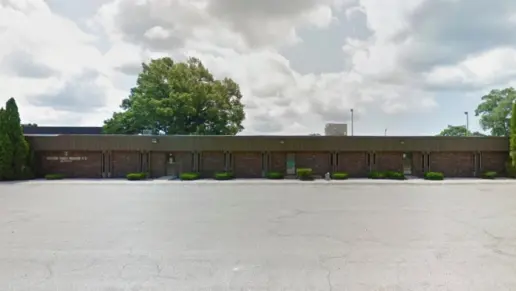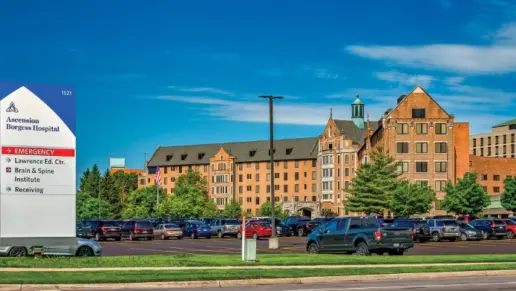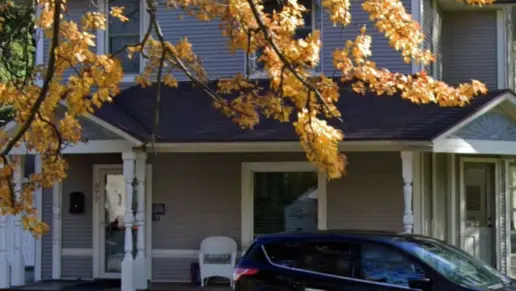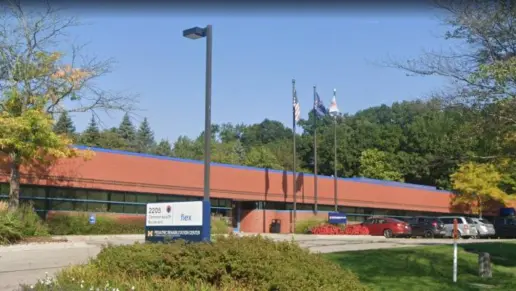About Eastwood Community Clinics – Closed
Located west of Detroit, in Novi, Michigan, the Eastwood Community Clinics (ECC) once offered several different healthcare and behavioral healthcare services from their campus on Providence Parkway. This facility is closed now.
When it was open, it was staffed with several licensed professionals who could provide treatments for alcoholism, substance use problems, and mental health challenges.
Offering Extensive Services at the Outpatient Level
ECC’s staff was capable of offering an incredibly broad array of services, giving you access to flexible and personalized outpatient care. Their treatments included cognitive behavioral therapy, group therapy, family therapy, trauma counseling, dialectical behavioral therapy, as well as motivational interviewing and more.
They also had specialized treatment programs for people who had suffered complex and severe traumas, military personnel, adolescents, and individuals with co-occurring conditions or dual mental health diagnoses.
An excellent part of their approach was that they would help anyone with any type of addiction. They would accept patients with prescriptions for methadone and other medications you’d find in medication assisted treatment (MAT) programs while also having a dedicated professional who could counsel clients out of a nicotine dependency. Their availability to the public was made even broader by their acceptance of patients on Medicaid and other State assistance programs.
A Tranquil Campus in Novi
The Providence Parkway campus was built to give you easy access to nearby parks and walking paths, with one of the paths in the area even being named the “Health Path.” This location gave patients ample space to relax and pleasant places to explore before or after outpatient visits.
Latest Reviews
Rehab Score
Gallery
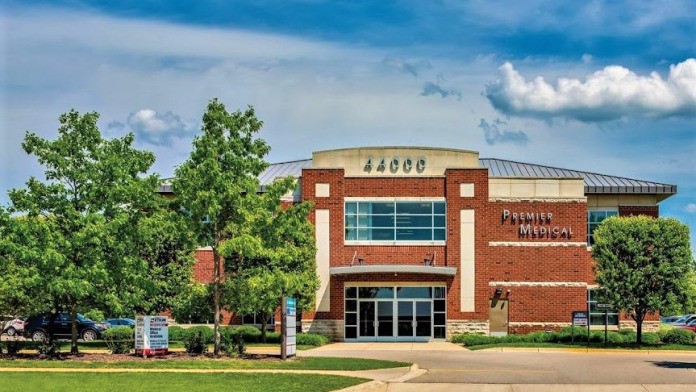
Accepted Insurance
Other Forms of Payment
Private insurance refers to any kind of healthcare coverage that isn't from the state or federal government. This includes individual and family plans offered by an employer or purchased from the Insurance Marketplace. Every plan will have different requirements and out of pocket costs so be sure to get the full details before you start treatment.
Self-pay involves paying for treatment out of your own pocket. You can use savings or credit, get a personal loan, or receive help from family and friends to fund your treatment. If you don't have insurance or your insurance plan doesn't cover a specific program, self-pay can help ensure you still get the care you need.
Financial aid can take many forms. Centers may have grants or scholarships available to clients who meet eligibility requirements. Programs that receive SAMHSA grants may have financial aid available for those who need treatment as well. Grants and scholarships can help you pai for treatment without having to repay.
Medicare is a federal program that provides health insurance for those 65 and older. It also serves people under 65 with chronic and disabling health challenges. To use Medicare for addiction treatment you need to find a program that accepts Medicare and is in network with your plan. Out of pocket costs and preauthorization requirements vary, so always check with your provider.
Military members, veterans, and eligible dependents have access to specific insurance programs that help them get the care they need. TRICARE and VA insurance can help you access low cost or no cost addiction and mental health treatment. Programs that accept military insurance often have targeted treatment focused on the unique challenges military members, veterans, and their families face.
Medicaid is a state based program that helps lower-income individuals and families pay for healthcare. Medicaid covers addiction treatment so those enrolled can use their coverage to pay for rehab. When a program accepts Medicaid the client often pays very little or nothing out of their own pocket.
Addiction Treatments
Levels of Care
 Outpatient
Outpatient
 Medically Assisted Detox
Medically Assisted Detox
 Intensive Outpatient
Intensive Outpatient
Treatments
The goal of treatment for alcoholism is abstinence. Those with poor social support, poor motivation, or psychiatric disorders tend to relapse within a few years of treatment. For these people, success is measured by longer periods of abstinence, reduced use of alcohol, better health, and improved social functioning. Recovery and Maintenance are usually based on 12 step programs and AA meetings.
Drug rehab in Michigan provides personalized treatment to help individuals break this cycle and regain control of their lives. Treatment methods are used in various levels of care, including inpatient rehab, partial hospitalization programs, intensive outpatient programs, and standard outpatient treatment.
Opioid rehabs specialize in supporting those recovering from opioid addiction. They treat those suffering from addiction to illegal opioids like heroin, as well as prescription drugs like oxycodone. These centers typically combine both physical as well as mental and emotional support to help stop addiction. Physical support often includes medical detox and subsequent medical support (including medication), and mental support includes in-depth therapy to address the underlying causes of addiction.
Substance rehabs focus on helping individuals recover from substance abuse, including alcohol and drug addiction (both illegal and prescription drugs). They often include the opportunity to engage in both individual as well as group therapy.
Programs

Adult Program

Young Adult Program
Clinical Services
Group therapy is any therapeutic work that happens in a group (not one-on-one). There are a number of different group therapy modalities, including support groups, experiential therapy, psycho-education, and more. Group therapy involves treatment as well as processing interaction between group members.






